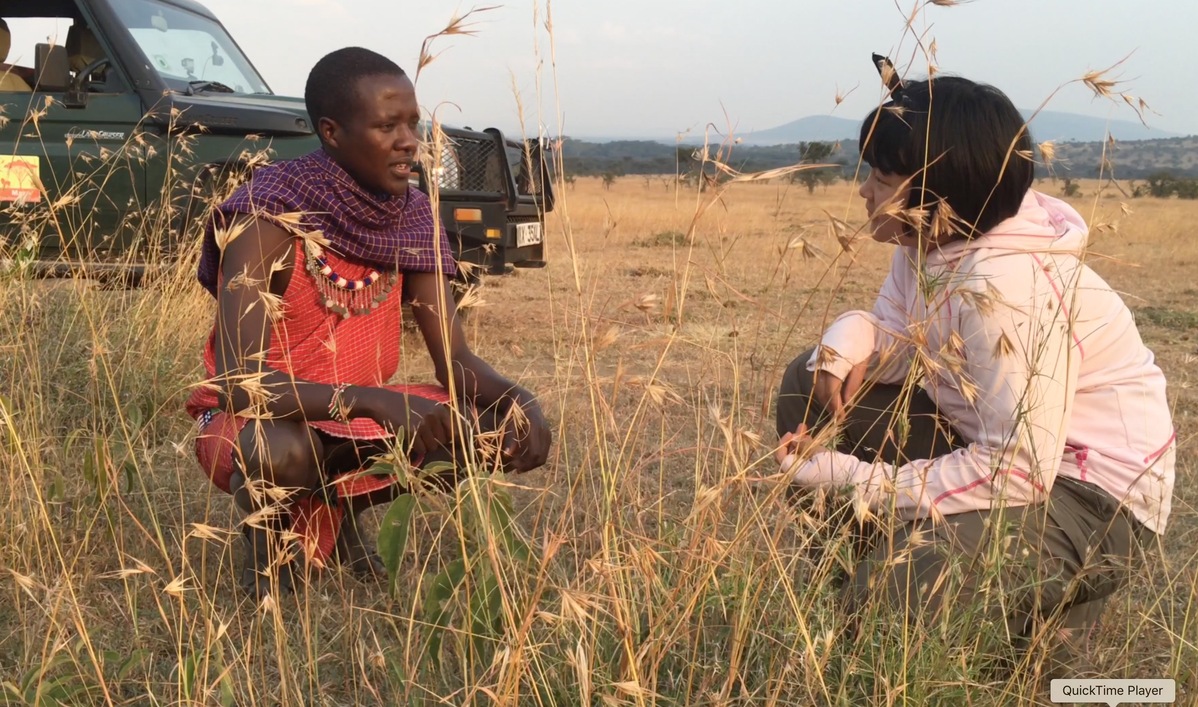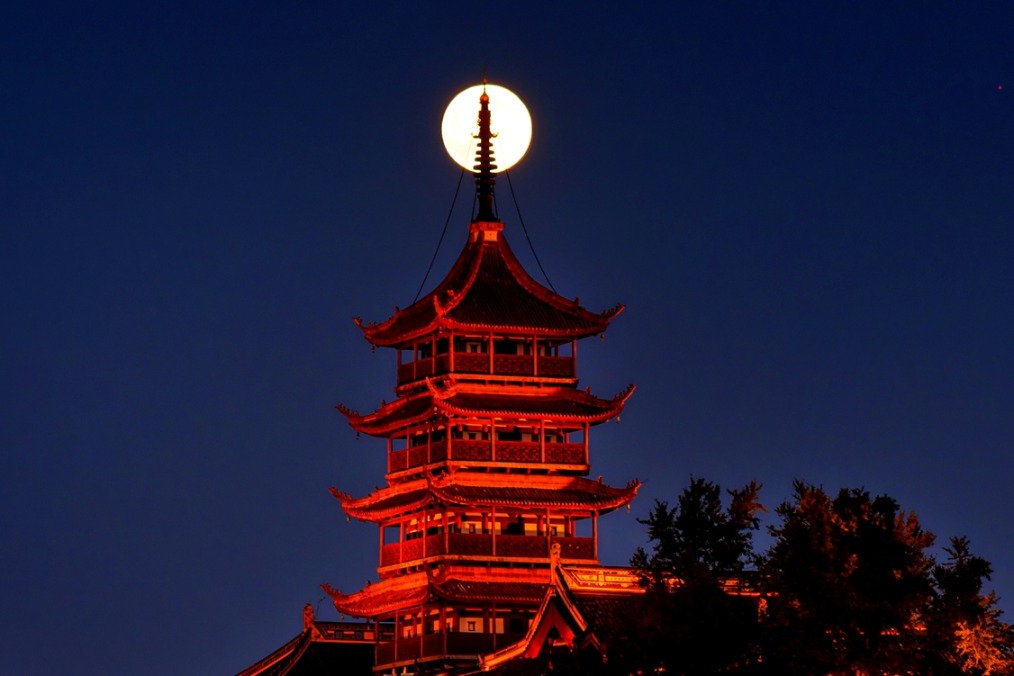Close to the lions


Even with few contacts and limited resources in Zhuo's early days in Africa, he started to roam the savannas. Pitching tents along the way, he fumbled about in understanding the nature of lions and their relationship with the locals. Sleeping in the wilderness, he says he never worried about his safety, because lions are exceptionally intelligent animals, which normally would not attack humans.
As human activity anywhere presents a challenge for wildlife, in Africa too, lions have found their living spaces disturbed and sometimes have to prey on livestock, hence causing financial loss to the locals. Observing such a predicament, Zhuo devised a set of sustainable wildlife conservation measures that was based on local welfare.
Apart from cooperating with governments and organizations in raising funds and combating poaching, he seeks to rent pasture from the residents to be included in the reserve, providing a bigger living space to wild animals and a higher income for the locals as they can collect rent and work as guides in the reserve.
"The only way for us to achieve the success of wildlife conservation is to help the community first," Zhuo says.
"What I am most proud of is that the locals now consider wildlife conservation their own responsibility, because helping the animals is also helping themselves."
Established in 2011, the Mara Conservation Fund is the first NGO by a person from China in Africa, according to Zhuo. Thanks to the organization's efforts, the size of Ol Kinyei Conservancy has expanded from 3,300 hectares from 2011 to 7,300 hectares at present, and the number of lions in the reserve has grown from 15 to 30.
























